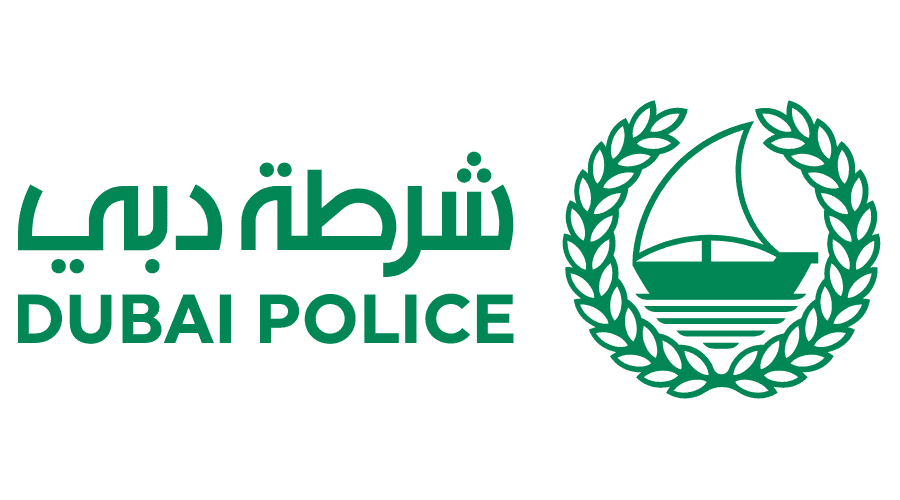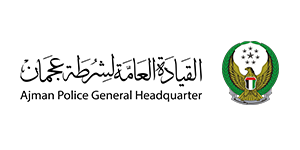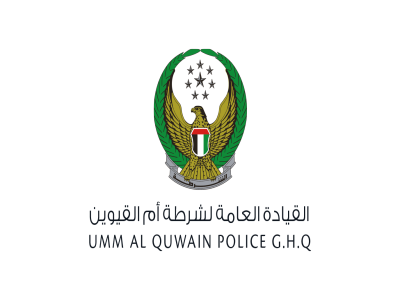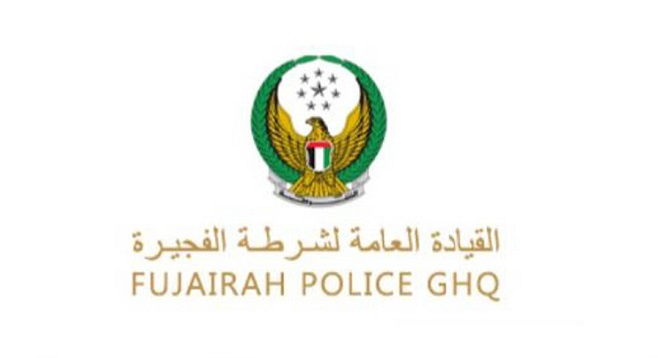Knowing all kinds of fraudulent activities is a critical step toward safeguarding yourself against financial fraudsters. GCC Exchange has a zero-tolerance approach to financial fraud and crimes. It is crucial for us to educate our customers on how to identify suspicious activities.
Most Common Banking Fraud Activities
Preventing banking fraud is easier than recovering from financial losses. It’s important to take necessary measures for prevention. One way to protect yourself is by identifying the tricks that fraudsters use. Some most common ones are:
- Phishing- Phishing is the activity of fraudsters sending fake emails to get personal information like login credentials and account details.
What should you do?
Phishing emails mostly have spelling and grammar mistakes. Also, they usually ask you to take immediate action. Before clicking on any link or downloading files from that mail, check the sender’s mail ID and digital signature to make sure they are who they claim to be. If the mail is suspicious, take no action. If the fraudster claims to be from a certain bank, verify their identity with the bank itself.
- Faking Identity - Impersonation- The fraudsters might use voice-over-IP technology to impersonate banks and other financial institutions to trick you into giving them confidential and private information.
What should you do?
Avoid giving details about credit cards, bank accounts and others over the phone. If the caller asks for confidential details, hang up and verify the caller’s identity by contacting the bank directly. Report the number and incident to the bank.
- ATM Scams- Look out for faulty devices at ATMs. Check the keypad to see if it’s a fake one placed above the real keypad. This kind of fraud is called skimming. In skimming, fraudsters use certain devices and attach them to point-of-sale terminals to steal your card details.
What should you do?
Before using your credit or debit cards, scan the ATM. Make sure there are no cameras pointing at the keypad, and that keypads are stable and properly installed in the machine. In case you suspect faulty setups in the machine, report them to security.
- Unauthorized purchases using cards- Card cracking is the use of your debit and credit card details by fraudsters to make unauthorized purchases. Keep your credit and debit cards safe. Do not share card details with unauthorized people.
What should you do?
Keep checking your bank account activity. If you notice an unauthorized activity on your card, immediately report it to the respective bank or financial institution. Avoid future mishaps by not sharing bank account details and card details over the phone or email.
- SIM swap scam- A phone number can be ported to a new phone containing a different SIM. This facility is usually used when your phone is lost or stolen. Fraudsters use this opportunity to trick mobile service providers to swap your phone number into a new SIM in their possession. Then, all your OTPs, messages, and calls will go to the fraudster’s SIM, through which they’ll extract your personal information.
What should you do?
Look out for unauthorized security alerts and the inactivity of your SIM card. In case of a SIM swap attack, you might receive notifications from your provider that your phone number or SIM card has been activated elsewhere. If you can’t send or receive calls and messages, it might also mean that your SIM is swapped. Inform your SIM card service providers immediately.






 info@gccexchange.com
info@gccexchange.com 600 522 049
600 522 049






